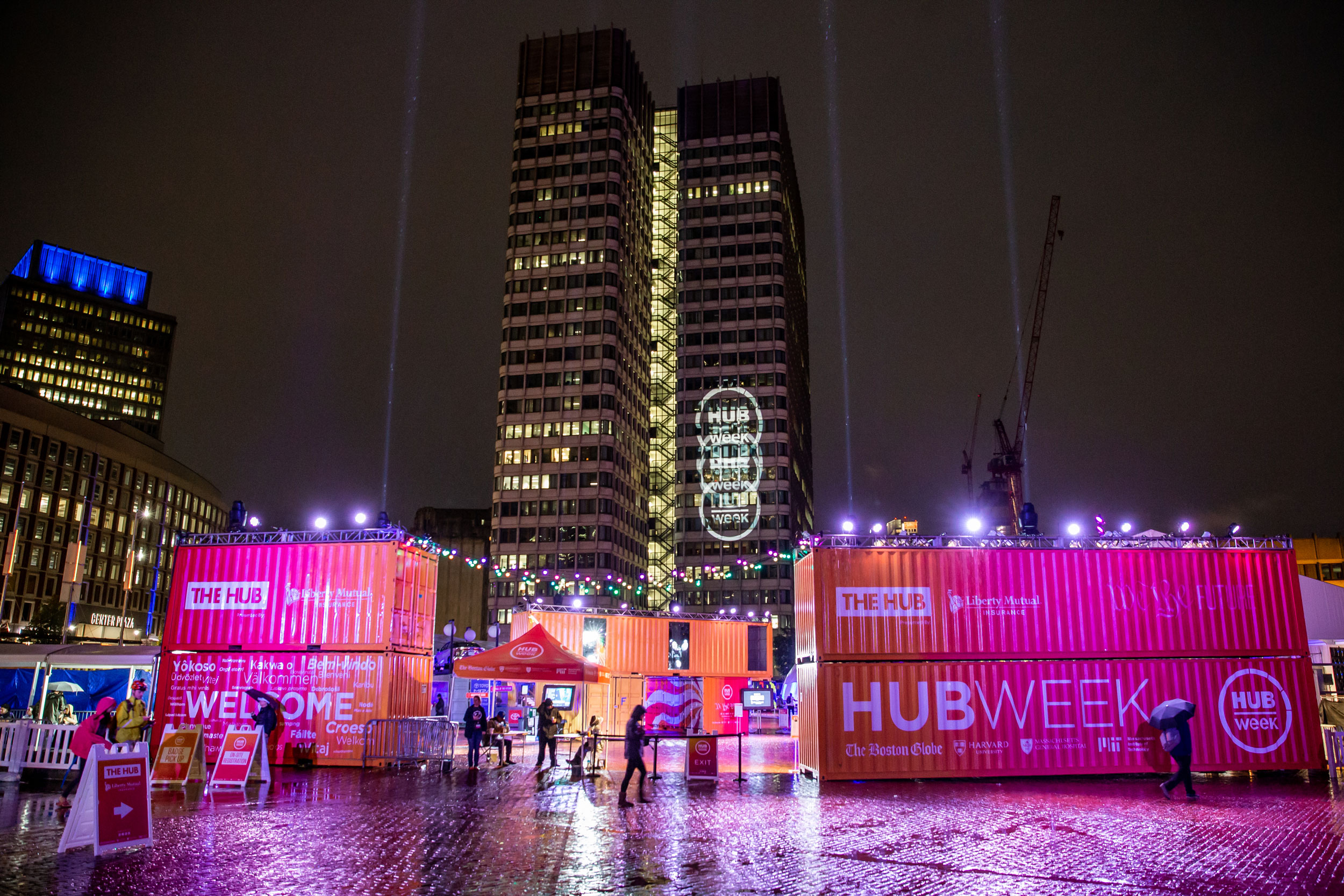The HUBweekly is HUBweek's weekly newsletter, featuring a snapshot of the big ideas and innovations in art, science, and tech coming out of the Greater Boston area. You can find this week's full edition here. Want these insights, plus events, interviews, and more, delivered to your inbox? Subscribe to the HUBweekly here.
1. ON THE GRID
DYK that around the world, four billion people don’t have an address? Without one, it can be difficult to access medical care, digital services, and disaster relief, as well as the ability to vote and get a driver’s license. To tackle this global issue, Facebook and the MIT Media Lab have teamed up to create a solution that uses AI to analyze satellite images, an approach that has so far created addresses for 80% of the affected areas. Boston is also working on breaking down barriers to civic participation: Proponents of the BostonOneCard municipal ID argue that several hundred thousand residents would take advantage of the program — especially homeless, transgender, and undocumented individuals — who could use it to obtain civil services, open bank accounts, and access other opportunities.
2. SUNBLOCK FOR THE STRATOSPHERE
Last summer, Harvard researchers made news with their plan to remove carbon dioxide from the atmosphere and turn it into gasoline. More recently, some of the same scientists have made a new proposal to slow the warming of our planet: solar geoengineering. In an attempt to mimic the cooling effects of volcanic eruptions, the plan involves releasing calcium carbonate — the same substance you might find in an antacid — into the stratosphere to examine whether it deflects some of the sun’s rays. Another futuristic plan to “sunblock the stratosphere” is also underway at Harvard, this time involving spraying a sulfate aerosol into the atmosphere from a yet-to-be-created aircraft. Back on earth, Boston is trying to protect the environment as well, instituting a plastic bag ban that will take effect next week.
3. ARTS OPPORTUNITIES
A new report released this week as part of the Boston Creates cultural plan investigates the accessibility of performance and rehearsal spaces in Boston, and uncovered a “misalignment” between the supply of facilities and the high price tags that too often take them out of reach for most artists. Proposed solutions include working with developers to include spaces that serve the artistic community and repurposing existing, underutilized venues. In the visual arts, a variety of organizations are providing opportunities for artists: the Edward M. Kennedy Institute currently has an open call for art, and Emmanuel College is looking for a new artist in residence for 2019.
4. #METOO IN THE LAB
Last week, Forbes released its Top 50 Women in Tech list, which featured female leaders in fields from cybersecurity to aerospace to education. We’re especially proud of the Boston-area nominees, including Affectiva’s Rana el Kaliouby and the MIT’s Joy Buolamwini, who are doing groundbreaking work on humanizing robots and fighting algorithmic bias, respectively. Importantly, women in science and tech are also paving the way for their female colleagues, bringing the #MeToo movement into the lab. MIT recently awarded neuroscientist BethAnn McLaughlin, scientist-consultant Sherry Marts, and #MeToo founder Tarana Burke the Disobedience Award for their “ethical, nonviolent acts of disobedience in service of society” that have helped expose and fight sexual harassment and discrimination.
5. FROM PHYSICIAN TO FOUNDER
Massachusetts doctors are increasingly going the startup route, choosing to become entrepreneurs after medical school rather than going into practice. They’ve founded companies that are working to fight obesity, deliver drugs with silk fibers, and more, all with the goal of improving the health of more people than they could, as one doctor said, “with my two hands in 24 hours.” Boston’s biotech companies are innovating in all areas of the health space, including “taking on aging” and using genomic testing to personalize cancer treatments. Thinking of founding your own startup but not sure how to protect your intellectual property? Recent college grads (and a few friendly pandas) have got you covered: Patent Pandas uses simple language and animations to explain one of the most complicated legal topics in a way that everyone can understand.
